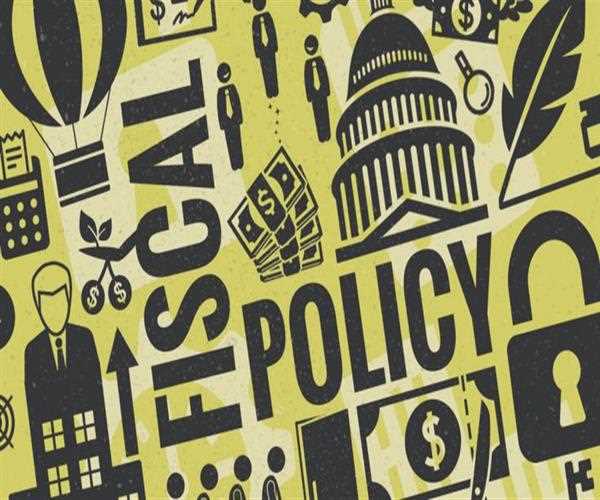Fiscal policy is the set of actions implemented by a government aimed at the regulation of a country’s economic activity with the help of changes in spending and tax rates. Being the main instrument controlling the overall economic activity, it targets at ensuring economic stability. The major goal of fiscal policy is to incorporate the goals of economic growth and change inflation and unemployment rates to get a good economy.
Government expenditure is one of the fundamental elements in fiscal policy. This is greater motivation for higher production thus enhanced job creation as a result of governments funding the public expenditure. It is especially beneficial during economic trauma as far as recession is concerned. On the other hand, spending by the government has a capability to cause inflation by increasing overall demand that has the capability to lead an economy to the overheated state.
Among all the tools of fiscal policy, taxation is also receiving a large amount of attention as well. This emanates from the fact that tax is used as a tool by governments to change the nature of the demand from consumers as well as the supply from producers. A general tendency of lower taxes let individuals and corporations have more money for their direct spending and corporate investment. On the same note, when tax increases,, the amount that the consumers get to spend increases, which contributes to demand reduction of an economy which is facing an issue of inflation.

Fiscal policy is sometimes distinguished in terms of expansionary and contractionary policies. Expansionary fiscal policy is used to increase the economic activity it is usually administered during the time of recession. It encourages demanding and growth through the increase of spending and reduction of tax among the government. Conversely, contractionary fiscal policy is the action that tries to slow unnecessary economic growth, restrain inflation through a lower government budget expenditure or higher taxes.
Due to the preceding fiscal policy is a relative concept as it entails differences in impact on the economy depending on the ongoing conditions as well as actions of businesses and consumers in the economy. Yes, fiscal can be effective when it is still correctly applied, it plays a key role in bringing long term stable fiscal conditions but on the other hand improper use of fiscal can lead you to budget deficit problem, increased national debt and many other fiscal problems.
Conclusion
In conclusion, Fiscal policy is not only an important organized instrument for the financial state management but also the direct impact tool for the government affecting the performance and stabilization of the economy. Through control of government expenditure and revenue collection, then, various governments can influence the growth rate, inflation, and unemployment. Thus, here it is necessary to bear it in mind that fiscal policy is successful only when it is implemented according to the plan and in the right ratio to expansionary/contractionary policies. Generally, fiscal policies are long-term prosperity boosters; however, a misstep results in considerable economic consequences of increased national debt and fiscal unsoundness. As such, fiscal policy has to be very carefully orchestrated and long-term goals need to be anticipated.